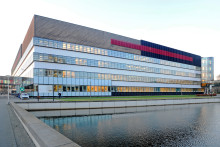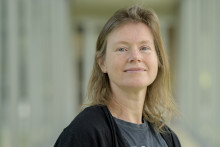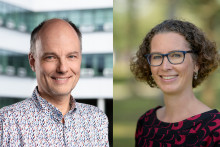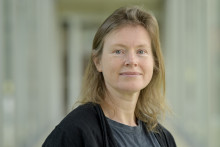S&T situation
How is the Faculty of Science & Technology doing now, barely six months after the reorganisation was implemented? U-Today spoke with the faculty board, an employee threatened with dismissal and with those left behind. This is part 2, about the Faculty Board.
It has been more than four months since the layoffs were announced. How do you look back on that?
Timmerman: 'It's not time to look back yet, because we're still in the middle of it. We are still talking to a number of colleagues. For others, the UWV procedure has started or will start. Settlement agreements have also been signed. In addition, there are employees who have a protection period of eight months, because of their longer employment.'
Steenbergen: 'Last week we held another plenary meeting, a so-called S&T Dialogue. During such meetings you also hear and notice that a lot has happened recently. There are many people who want to look ahead, but also places where there is still a lot of anger.'
Timmerman: 'It still hurts a lot in the organisation.'
Have people also been relocated?
Timmerman: 'Certainly. Nine people have been relocated, of the 47 who have been threatened with dismissal. This concerns temporary or permanent places elsewhere at the UT and mainly support staff.'
We understand that the dismissal of Professor Kerensa Broersen has been reversed. How does that work exactly?
Steenbergen: 'That's right. She filed an appeal based on two arguments. After I dived deeper into it, I came to the conclusion that she was right. In total, we received about ten appeals, but only in her case did we see grounds to reverse the decision. That is purely for substantive reasons, not because of external pressure or anything like that. I can very well imagine that it has been strange for her, but as far as we are concerned, she will remain connected to this faculty. I want to leave no doubt whatsoever about her position and that her research is a good fit for this faculty. And it is certainly not on the so-called edge, even if something were to shift in the future.'
What lessons do you learn from this issue?
Steenbergen: 'If we had had time to dig deeper, we would hopefully have been able to overcome this in time. In general, it turned out to be very difficult to identify exactly what everyone is doing, and that applies to both the scientists and support staff, such as the technicians.'
Timmerman: 'This is one of the bigger lessons we have learned during this reorganisation process to carefully keep track of our information, so that you do justice to the work that is being done.'
Steenbergen: 'At the beginning of April, we spoke extensively with the faculty board of ITC (the faculty announced at the end of March that it was going to reorganize, ed.). Our advice was also: use all the sources you can use. And if you use a source, record it. That is a small effort and helps you to keep all considerations sharp.'
There would be another evaluation, when can people expect it?
Timmerman: 'The Executive Board gives that assignment. This evaluation is not so much about the outcome of the reorganisation, but about the process. We are not going to do that evaluation ourselves, that is up to an independent party. We want to look back on it honestly and make sure that not only we, but also others learn from it. That evaluation must be in place by February 2026 at the latest.'
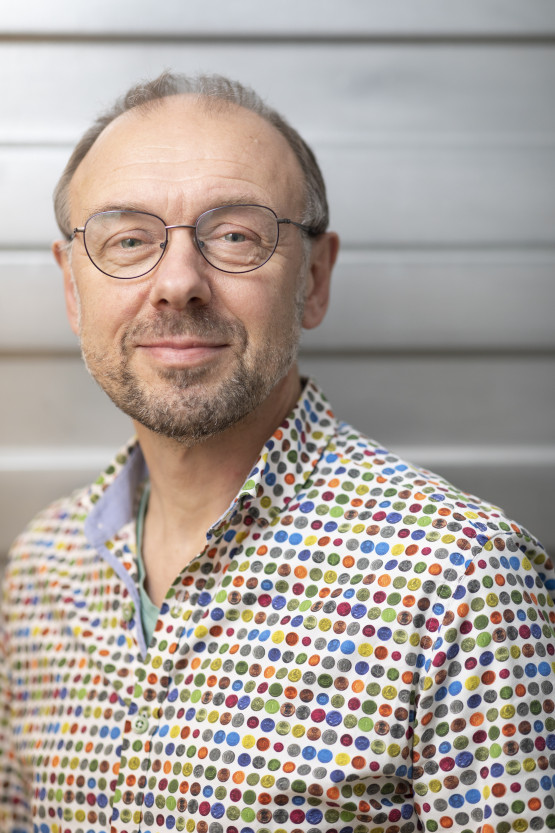
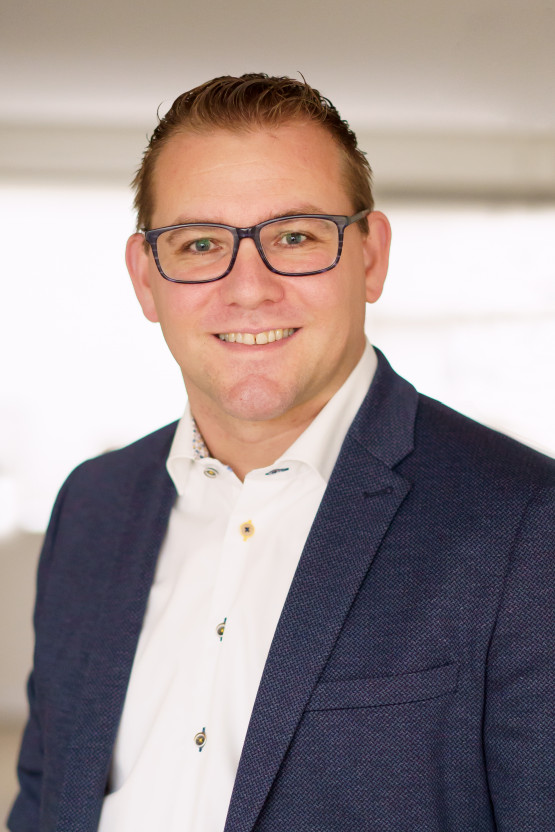
Interim dean Wiendelt Steenbergen and portfolio holder for operations Jan-Willem Timmerman.
What does the period until then look like?
Timmerman: 'There is still a lot of uncertainty in many places. This concerns, for example, affected groups that have to reorganise. That is not possible with a big bang. It will take time to properly shape teams, processes and collaboration step by step, so that everyone can look ahead again.'
Steenbergen: 'The positions of PhD students and postdocs are a point of concern in this respect. That will really differ from person to person how that works out. In one case, a PhD student will stay here, another may move with his supervisor.'
There will also be a new dean. Wiendelt, did you also apply as interim dean?
Steenbergen: 'No, I'm going back into research and education. I think that's the best thing, for me and for the faculty. I am also not involved in an appointment advisory committee. Within the faculty, two sessions were held with the rector to draw up the profile for the new dean.'
And is this intervention enough to get the finances back to health?
Timmerman: 'In principle, it should be enough to move towards a zero budget – or perhaps a small plus – next year. Now it is too early to say anything about it, because we are in a transition phase. I hope to have a better picture in the winter, so that we can show what the effect is in early 2026.'
Finally, how long do you expect it to take for the reorganisation to 'land'?
Timmerman: 'That will be a matter of years. We still have to process this as a faculty, we are aware of that. Again, it just hurts a lot. Unfortunately, we have to let go of many good people. In addition, we also see that there is resilience in the organisation. In addition to processing what lies behind us, we also want to rebuild cooperation, trust and future-proofing with the faculty.'


